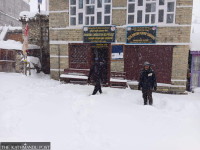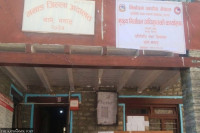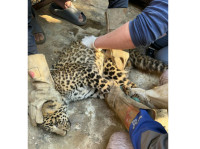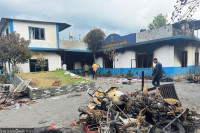Gandaki Province
Tamankhola finds way to get doctors
Tamankhola Rural Municipality in Baglung has decided to provide scholarships to one MBBS student every fiscal year on the condition that they serve in the rural municipality for at least five years.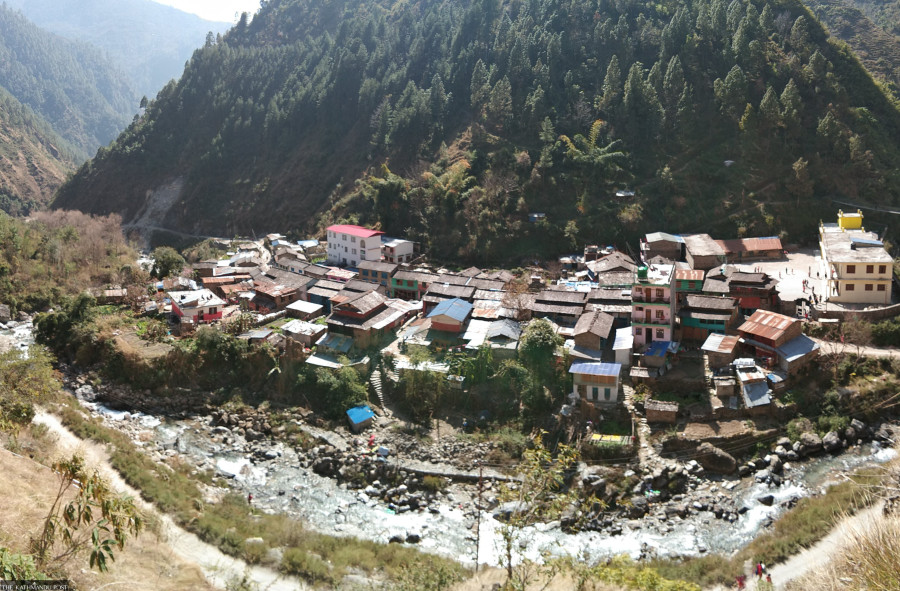
Prakash Baral
Keeping in view the shortage of skilled human resources in the health sector, Tamankhola Rural Municipality in Baglung has decided to provide scholarship to one MBBS student each every fiscal year.
The first meeting of the rural municipality’s executive held on Tuesday decided to provide financial support to one MBBS student on the condition that he/she work in the local unit after graduation. According to Joklal Budha, the chairman of Tamankhola Rural Municipality, the local body will provide financial support to a student within the local unit who secures the best ranking in the MBBS entrance test.
“The rural municipality will have to invest approximately Rs6 million on a student for his/her four-year MBBS course. The student who receives the grant will have to serve at least five years in the rural municipality after his/her graduation,” said Budha, adding that the municipality will bear both the educational and boarding expenses for the beneficiary.
As per the regulation formulated by the rural municipality, the person who receives financial support for their MBBS course from the rural municipality can continue his/her studies if s/he passes the MD entrance test but cannot go outside the rural municipality for employment before completing their five-year service.
Tamankhola is a remote rural municipality located around 120 km west of Baglung Bazaar, the district headquarters of Baglung. There are six wards in the local body and each ward has a health post. The local body also has three other community health units to provide health services to the people of remote settlements. But none of these health institutions has a doctor, forcing critically ill people to go to the district headquarters or other places for treatment.
All six health posts and three community health units have birthing centres for safe delivery service but these institutions are being run by assistant health workers, staff nurses and auxiliary nursing midwives.
“We have to send critical cases to the district headquarters and other places as we have no doctor in the rural municipality,” said Bishnu Chhantyal, the assistant health worker at Nardakhani Community Health Unit.
Across Nepal, remote areas are always lacking in quality health services in the absence of MBBS doctors who are reluctant to be posted to the health institutions of remote areas with the government-fixed salary. As a result, most of the health institutions are without doctors, leaving the locals in hardship.
“We appointed some doctors during the first and second waves of the Covid-19 pandemic by providing a 100 percent additional allowance. They worked for a few months only,” said Bikas Lamsal, the chief administrative officer of Tamankhola Rural Municipality. “The rural municipality’s decision to provide financial support to MBBS students will be effective to resolve the chronic shortage of doctors in the local unit. This is the local unit’s long term plan to get skilled human resources in the health sector.”
The rural municipality has also decided to set up a children’s home to provide shelter and education to orphan and helpless children.
“We have decided to run the children’s home to help the many orphan and helpless children in the rural municipality,” said Budha.




 9.7°C Kathmandu
9.7°C Kathmandu.jpg)

